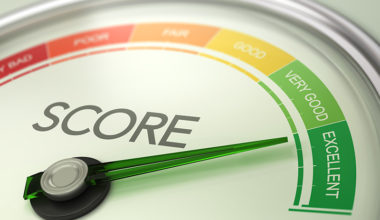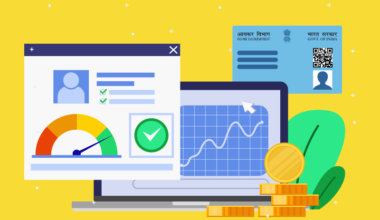A CIBIL score is essentially the result of a user’s credit history and credit repayment behaviour. All of these details, and many more, are documented in a CIBIL report, which includes information such as the user’s credit repayment history, debt repayment behaviour, the number of loans borrowed, hard inquiries, the user’s personal information, and so on. Any errors/issues, late payments, remarks or comments regarding the user’s credit history are directly reflected in the CIBIL report. However, these factors have a negative impact on the CIBIL score. To maintain a healthy CIBIL score, it is recommended that all such negative factors be addressed as and when they appear in the report.
In this blog, we will discuss how one of the many factors of late payment has a significant negative impact on the CIBIL score and how to avoid it.
What is Late Payment?
A late payment is a payment that is not made by the due date agreed upon between the borrower and the lender. Late payments can have a negative impact on a borrower’s credit score and can make it more difficult to obtain credit in the future. It is important to make all of your payments on time to avoid damaging your credit score.
What are the Impacts of Late Payment?
Late payments can have several negative impacts on a borrower’s credit score and ability to obtain credit in the future. Some of the potential impacts of late payments include:
- Damage to credit score: Late payments are a common factor that lenders consider when evaluating a credit application, and can have a significant negative impact on a borrower’s credit score.
- Difficulty obtaining credit: Having a history of late payments can make it more difficult for a borrower to qualify for a loan or credit card, and may result in higher interest rates or fees if the borrower is approved.
- Increased risk of default: Late payments are often a sign of financial instability, and can indicate a higher risk of default to lenders. This can make it even more difficult for a borrower to obtain credit in the future.
- Negative impact on credit report: Late payments are typically reported to credit bureaus, and will appear on a borrower’s credit report. This can impact a borrower’s ability to obtain credit and can affect the interest rates and fees they are offered.
How to Avoid Late Payments?
There are several steps you can take to avoid late payments and maintain a positive credit history:
- Set up automatic payments: Many lenders offer the option to set up automatic payments from your bank account, which can help ensure that your payments are made on time.
- Use a calendar or reminder system: Mark the due dates for all of your bills on a calendar or set up reminders on your phone or email to help you keep track of when payments are due.
- Keep track of your budget: Make sure you have enough money in your account to cover all of your bills, and adjust your spending as needed to avoid overspending and missing payments.
- Communicate with your creditors: If you are having difficulty making a payment, reach out to your creditors as soon as possible to let them know and to discuss potential solutions. Many lenders are willing to work with borrowers to find a solution that works for both parties.
By following these steps, you can help ensure that you make all of your payments on time and avoid damaging your credit score.








